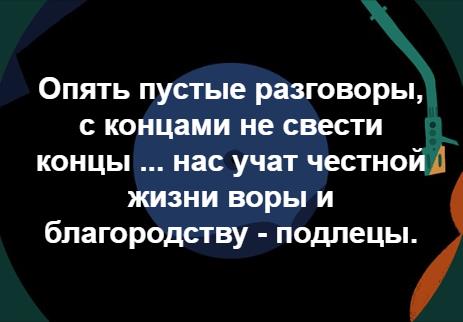I became your enemy because I tell you the truth
Ex-J’lem head Amit warns of danger if open-fire rules altered by politician, says reforms will make commissioner a puppet; ex-top cop Hefetz: Unlike IDF, police must be independent
Former Jerusalem police chief Arieh Amit warned on Tuesday that anticipated changes to the relationship between the police force and the public security minister, demanded by far-right lawmaker Itamar Ben Gvir, could spell the end of Israeli democracy.
Amit was responding to reports that Ben Gvir’s expected appointment to head the Public Security Ministry will come with an understanding that the ministry will have expanded power over the Israel Police, with changes to be made to a police order that governs the relationship.
The proposal was raised during negotiations between Benjamin Netanyahu’s Likud and Ben Gvir’s Otzma Yehudit, according to several sources familiar with the developments. They said it will not be specifically mentioned in coalition agreements but rather covered by a more general clause granting powers to the public security minister.
“There is one person whose role it is to manage and guide the [police], whose job it is to uphold the law and guard the state from chaos, free from political considerations, and that man is the [police] commissioner,” Amit said. “He guards democracy and guards against terror, and now they want to change things.”
“Having absolute independence to run the organization allows him to do that, and it is protected by law. But now the next [government] wants to change that,” he added, warning that the reforms will turn the police commissioner into a “puppet” and the force into a “tool” of the state.
“If the police force collapses, there will be no democracy in this country,” Amit said.
He said he was “appalled” by the public silence of many current and former police officials: “The police could be helping to bring about the end of democracy, and everyone is staying quiet.”
Amit said he was concerned that a minister may be able to determine the behavior of officers in certain situations, particularly the force’s open-fire regulations.
He also charged that the expected coalition would “change the law to suit themselves and everything they don’t like, they will change,” citing the past and current criminal cases faced by Netanyahu and Shas party chief Aryeh Deri.
Outgoing Public Security Minister Omer Barlev said he hoped Police Commissioner Kobi Shabtai would not resign if the reported changes are made.
“I heard the calls for the police commissioner to resign,” Barlev told Army Radio. “He absolutely must not resign. He is the responsible adult. He has already worked with two ministers, he has experience. And if, God forbid he resigns, they will bring in a ‘yes man,’ which would be terrible.”
“The responsibility and authority of the minister is to set policy. Only someone who doesn’t understand this thinks that their powers should be increased. We don’t need this — not at the commissioner’s expense, nor at anyone else’s expense,” Barlev said.
Bar Lev has reportedly clashed with Shabtai over police policy during his term, even seeking clarification from the attorney general on the extent of his powers to set policy.
Earlier on Tuesday, former police commissioner Assaf Hefetz told Army Radio that “there can’t be a situation where the minister can give orders to the police that are absolutely political.”
“In a democratic state, political involvement with the police needs to be respectful and with boundaries, but with a minister able to ask questions,” he said.
The-girl-was-arrested-at-the-Shechem-gate-in-Jerusalem-for-the-flag-of-Israel
A day earlier, Hefetz told Ynet that if he held the job and the reported changes came in under a coalition deal, he would resign immediately.
“I would not stay in the police for a minute longer if they stripped me of my powers,” he said. “The police, unlike the army, must be independent. Otherwise there is damage to democracy.”
According to Ynet, the agreement will see the public security minister gain full control over the management of the police budget, as well as making decisions on the deployment of forces and their reinforcement in certain areas.
A Haaretz report cited an unnamed senior figure in the law enforcement system as worrying the potential new arrangement “significantly harms the independence of the police and the commissioner and lets the politician determine how the police will act.”
Currently, the order governing the relationship between the ministry and the law enforcement body it oversees does not say that the police is subordinate to the minister, enabling full independence for the force.
The minister can recommend who should be police commissioner, approve officers from the rank of deputy superintendent and up, and fire officers. The minister can also lay down certain regulations, such as those regarding obtaining a gun license.
Otzma Yehudit said in a statement, “We do not address what is happening in the negotiation rooms, but we also assure readers of Haaretz that we are working day and night to restore the rule of law to the street.”
The public security minister must not become a “super commissioner,” Barlev warned Monday. “In this situation, there is serious fear that he will use the police for his political needs. The independence of the police is a fundamental issue in maintaining democracy, and harming its independence is harming democracy.”
“There must be a clear separation between the minister as a political rank, and the police,” he said.
VIDEO: ARAB BEASTS in JERUSALEM. DOES ISRAEL NEED SUCH CITIZENS?
Michael Loyman

